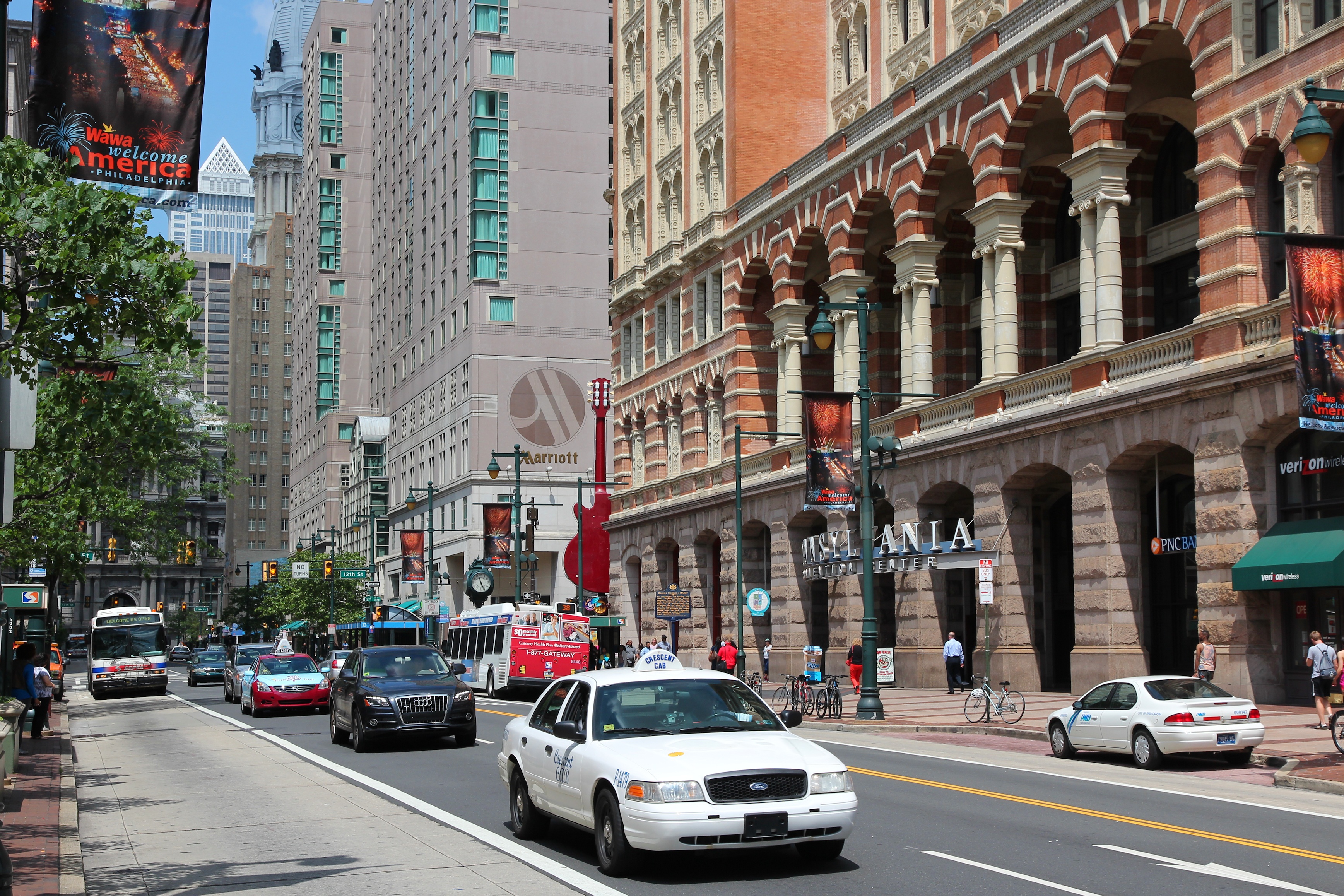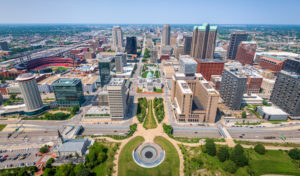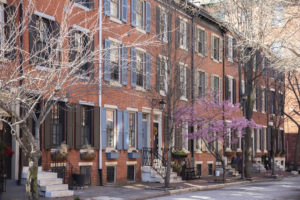
Philadelphia’s parking authority takes action to rein in Uber’s alleged violations of the city’s regulations.
On a typical day in Philadelphia, thousands of individuals will hail an UberX car on their smartphones. But some of these riders are actually undercover Philadelphia Parking Authority (PPA) officials conducting sting operations to impound UberX cars. The PPA, the local agency responsible for regulating Philadelphia’s taxi industry, believes ride-sharing services like Uber and Lyft violate its regulations.
According to the PPA’s regulations, a driver must hold “a Certificate of Public Convenience issued by the Authority” in order to operate a taxicab within the city. The vehicle must also pass “a PPA inspection” and “display the . . . medallion provided by the PPA.” Because the PPA does not certify Uber drivers, it cannot ensure that they meet the same requirements as medallion cab drivers, such as criminal background checks, regular vehicle inspections, and vehicle insurance requirements.
In January, Uber held a press conference accusing the PPA of not acting impartially. Emails obtained by the Philadelphia Daily News, in which PPA officials allegedly communicated with members of the taxi industry to oppose Uber, sparked this latest criticism.
In one email, PPA’s Taxicab Unit Director Jim Ney reportedly urged medallion cab owners to “immediately register your support” for a provision that would carve out Philadelphia from the rest of the state in a bill that would legalize ride-sharing services across Pennsylvania.
In September 2014, the PPA’s general counsel Dennis Weldon reportedly sent emails to the co-founder of Freedom Taxi, a medallion cab company, encouraging the company to lobby against the bill. According to the Daily News, Weldon wrote, “word is that the House is more resistant to a Philly carve out. I think this is an area where your lobbyist can bring some real world info.” The cab company owner allegedly responded that his company “will follow your lead.” Weldon then apparently asked the owner to come in that day to meet with him and the PPA’s executive director.
Uber not only argues that these emails reveal improper bias by the PPA, but it also alleges that it was inappropriate for the PPA apparently to pay $565,000 to the Philadelphia firm Pugliese Associates to help lobby the state legislature. The firm has lobbied against legislation supported by ridesharing companies.
Uber’s Philadelphia general manager, Jon Feldman, has reportedly called the PPA “an unelected, unaccountable body.” The PPA is in his words, “anything but an independent public agency;” it “is acting essentially as a publicly funded lobbyist.”
PPA officials maintain that they have not taken sides on this issue. Rather, they insist they are simply implementing the law and working to protect the public.
“The PPA’s primary concern has always been and continues to be public safety,” said Vince Fenerty, the PPA’s executive director. “Because of the absence of regulation, there is no assurance that any of these drivers have the appropriate training.”
The PPA also explained that the emails with taxi cab owners were just part of larger communication efforts to get input from different groups, including Uber drivers. Martin O’Rourke, a PPA spokesperson, said that the communications reflected in the emails were “a collaborative process to craft legislation that would protect the public interest as well as bring the ride-sharing operation under regulations.”
Despite the PPA’s assurances, some citizens appear to believe the emails raise questions about the PPA’s legitimacy.
“The parking authority is a regulatory agency, and regulatory agencies are supposed to be looking after the interests of consumers,” said David Thornburgh, president of the Committee of Seventy, a nonpartisan watchdog group in Philadelphia. “I don’t think they should be picking sides.”
Barry Kauffman, director of watchdog group Common Cause Pennsylvania, apparently said it is not unusual for government agencies to “get captured by the industries they are supposed to regulate.” Regulatory capture occurs when, instead of serving the public, an agency acts more to advance the interests of the businesses they regulate. However, Kauffman commented that the work the PPA ultimately does is “a balancing act.
In November 2015, the Pennsylvania Senate passed by an overwhelming vote (48-2) a version of a bill introduced by Senator Bartolotta (R-D46) that would formally allow ride-sharing services across the state. The bill would set aside 1% of gross receipts from all fares in Philadelphia to fund the PPA’s enforcement efforts. It would also institute a zero tolerance policy for driver drug and alcohol use and create standards for proper insurance coverage, vehicle safety, and accident reporting. The bill is currently pending in the state’s House Consumer Affairs Committee.



